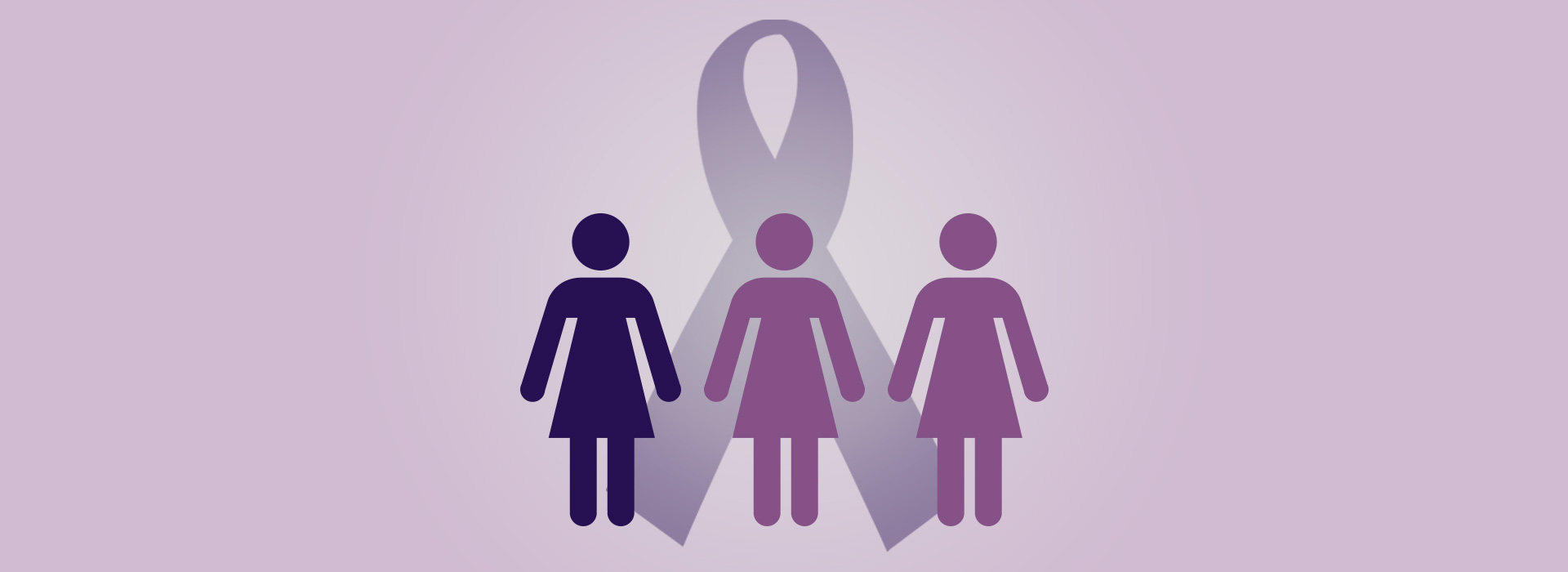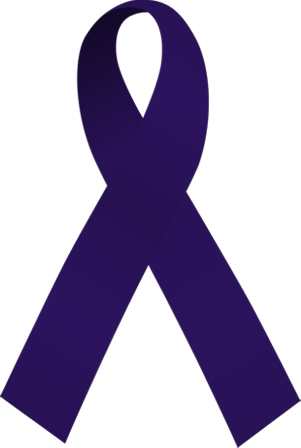About the project
This was a school project where we would develop a campaign concept and how it
should be communicated to the target audience. We decided to find a theme that
engaged us and that we wanted to engage others with. The choice fell on CARE –
a charitable organization fighting for women’s rights. Part of their philosophy
is that by helping women in one country, you help everyone. Those who work in
CARE are also local.
We arranged a meeting with CARE Norway to hear if they were interested in
cooperating, if the result of the campaign idea was good and if they then wanted
to go ahead with the idea. We got input on what angle they wanted and that CARE
had a project going called 16 Days of Activism Against Gender Violence. This
project is a global campaign originating, not from the West, but from an African
grassroots movement. CARE is engaged in this campaign in various countries
including in Africa, but it has received little media attention in Norway. This
seemed very inspiring and we wanted to continue working on this theme for our
campaign to help bring it to media’s attention.
Challenges
A major task was how to get people in Norway interested in something they’ve
never heard of before. Which approach would give attention? We would rather not
think this campaign was to get the same feeling like so much else from Africa
get, namely compassion and victimhood. It was important for us to explain that
this is a hard fight with strong people; no victims. It’s about someone who
takes a stand for their cause and fight for it. It was especially important to
keep the focus away from the money collection as this should not be a
fundraiser. The vision for the campaign was then to get the target audience
engaged and to inspire a sense of prestige and achievement to participate and
share the campaign’s message.
Solution
The solution was to target a specific audience and not start the campaign in the
media but rather see it go viral. The medium we chose was the internet,
specifically Facebook and Twitter. We designed a landing page for the campaign
to be shared on these social networks. You could also make actions like saying
that you are joining the fight against gender-based violence by clicking a
button which would open a window to share on Facebook or Twitter and make your
followers aware of the choice you have made.
You could also order a purple ribbon to wear during the campaign period, for
free. Other options were to put purple ribbon on your profile picture on
Facebook or enroll in the torchlight procession that would end the campaign. The
design would provide a recognizable and strong campaign profile. We wanted to
establish the purple loop as a token that clearly associates with this campaign
in the same way that the pink loop is associated with the fight against breast
cancer. The language of the campaign was written in a way to make people feel
that they would join a huge movement that already included many of their
friends, families and followers.
Visit page




